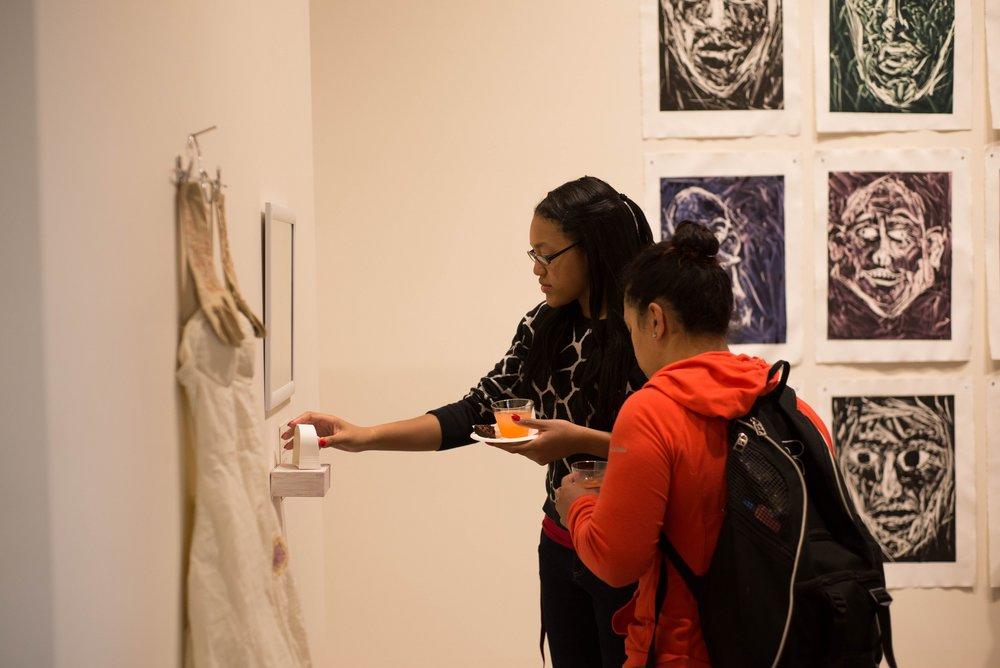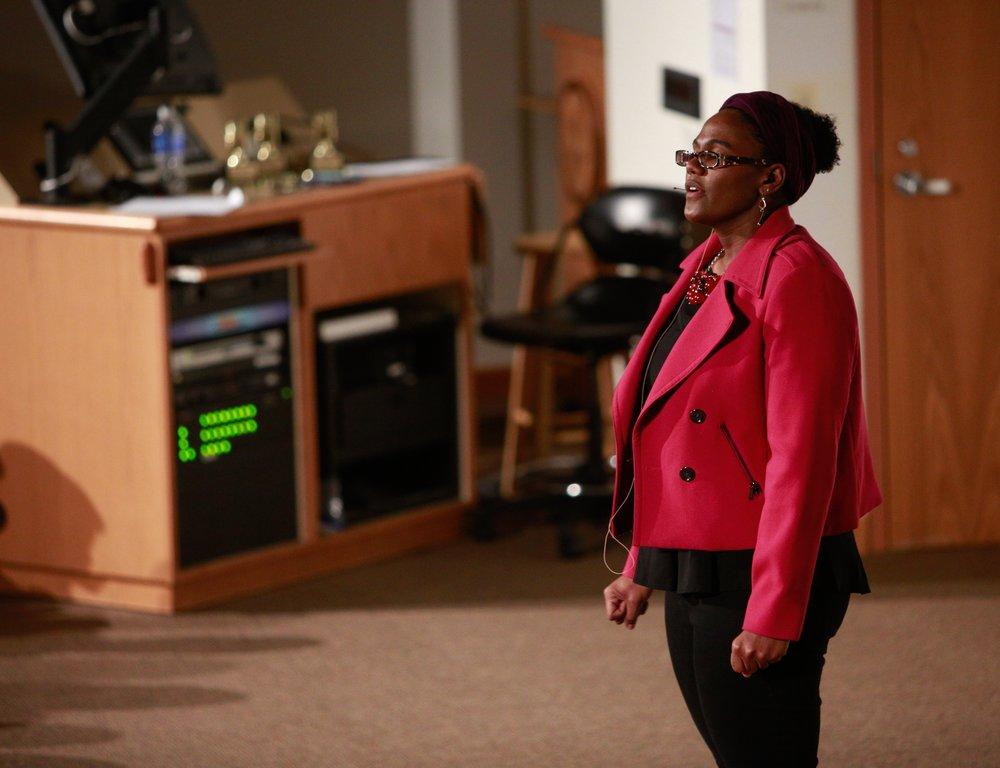Peter Rubin, a senior editor at WIRED magazine, has worked in the magazine industry for 15 years and came to Whitworth on Tuesday, Nov. 3, to present on the progression of magazines and their conversion to digital format within the past decade.
Rubin’s presentation about his journey in the magazine business attracted students interested in media. Freshman Michaela Mulligan was drawn due to her interest in entering the magazine industry.
“I think [the shift to digital media] is important because we do have smartphones, and it’s a lot easier and quicker to get information and you can do a lot of cool stuff with digital media, like video, and writing, and photography,” Mulligan said. “It makes it all look really cool.”
After starting out as a fact checker at GQ Magazine, Rubin gained experience while surrounded by well-known writers such as Michael Hainey, author of the memoir “After Visiting Friends,” and even worked with Elizabeth Gilbert, author of “Eat, Pray, Love” on occasion.
Rubin became an editorial assistant for GQ Magazine, and decided he was established enough to become a freelance writer. He wrote for magazines including Elle, XXL, Vibe, The New York Times, Rolling Stone and the TV Guide. After freelancing for a while, Rubin wanted to find a job in an office setting with more people, he said.
Unfortunately, starting in 2007, many magazines began to go out of business. By 2009, a total of 1,684 magazines had ceased publication, due to the financial crisis making print publication difficult, Rubin said. However, the downfall led to the “birth of content,” Rubin said. Media began its shift to the digital age, and the reader’s perception of media and news began to change as well.
His company adopted the tag line “more than a magazine,” to adapt to the transition toward digital content. The change to a new platform began the long process of finding the niche of the magazine industry, for the consumers no longer read the content the same way, Rubin said.
“I’d say that magazines aren’t dead, that there’s new ways to make them appealing like [Rubin] said… how they transferred a lot of stuff online, and redesigned their website so it works well with the magazine,” Mulligan said.
During this transition, Rubin accepted his current position as a senior editor at WIRED, and now covers pop culture and entertainment. That includes topics such as movies and television, music, video games, comic books and “anything else that is absolutely integral to the survival of our species,” according to Rubin’s profile.
Rubin’s work at WIRED includes extensive coverage on virtual reality, as he wrote the magazine’s cover story for the June 2014 issue focusing on the Oculus VR, and the development of the Oculus Rift, a head-mounted display for immersive virtual reality.
Rubin was able to change the method of news writing with what he refers to as the “inverted process.” Instead of months of coverage, he wrote stories as the development continued, becoming the first and the last word on the subject. He became an expert on the new technology, and WIRED was able to get exclusive content on the topic.
Making a magazine is a combination of art, writing, rhythm, wit, but most of all chemistry. Without that spark, the content will fall at, Rubin said. The digital platform has altered how media are displayed and consumed by the readers, but those changes have allowed creativity to blossom. WIRED recently published a story that did not make it into the issue on their Instagram account, breaking up the story into 10 different posts each with a nature shot as the image, Rubin said.
“I think it’s relevant because it shows how what he’s doing reflects trends in other areas of future careers,” Mulligan said. “It’s definitely more geared toward people in journalism or mass communication, but it shows that any eld you go into you have to be ready to do digital things…it’s helpful because everything now includes something digital.”
The media industry is changing, with technology constantly improving and developing, and as platforms and formats change, one thing remains the same: the art of storytelling.
Contact Meghan Foulk at meghanfoulk19@my.whitworth.edu









 Spokane?
Spokane?